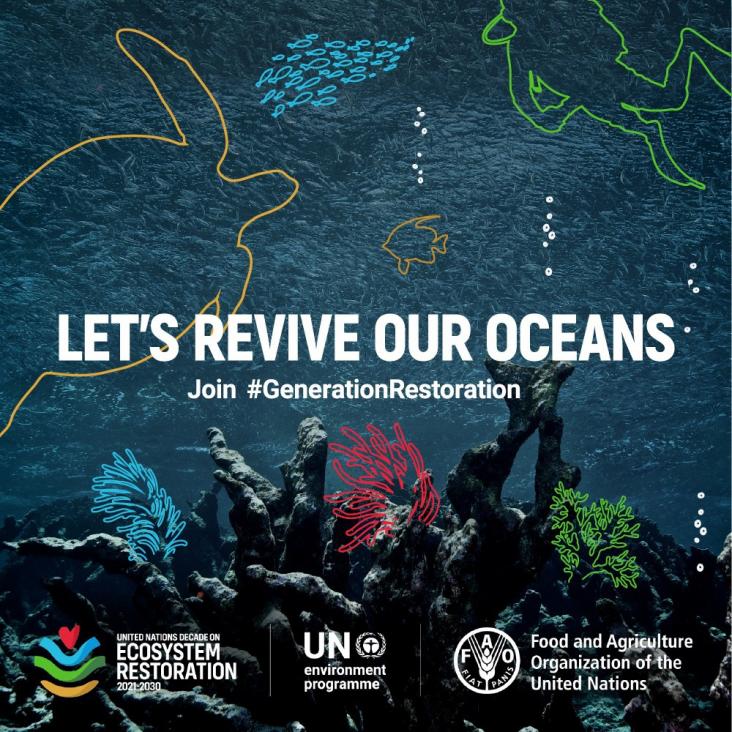Not all humans have the same carbon footprint: luxury lifestyles are significantly worse for the planet. This One Earth Research Article explores how a 'luxury tax' with revenue recycled to address climate inequality (SDG 10) could accelerate decarbonization (SDG 13).
This One Earth Review Article discusses how the term 'phase out' has allowed various stakeholders to work towards more sustainable goals, most recently relevant to the 'phase out' goals for coal and fossil fuels (SDG 13).
Climate change is impacting the health of Western Australians.Temperature increases and air pollution are particularly problematic.Food and water security may be compromised. An urgent response is required.
This chapter advances UN SDG goal 12 and 13 by providing an overview and introduction to NETs
This chapter advances UN SDG goals 12 and 13 by providing a historical perspective of the warming effect of carbon dioxide in the atmosphere, describes our growing understanding of climate change, the parallel development of Earth-system modeling capabilities, the Paris Agreement and the need to transition to nonfossil energy and the decarbonization of the global economy
This article shows that ecological factors play a significant role in shaping the phytochemical diversity among and within wild populations of Teucrium marum.

Recognising our customers' exceptional work to achieve the United Nations' Sustainable Development Goals



